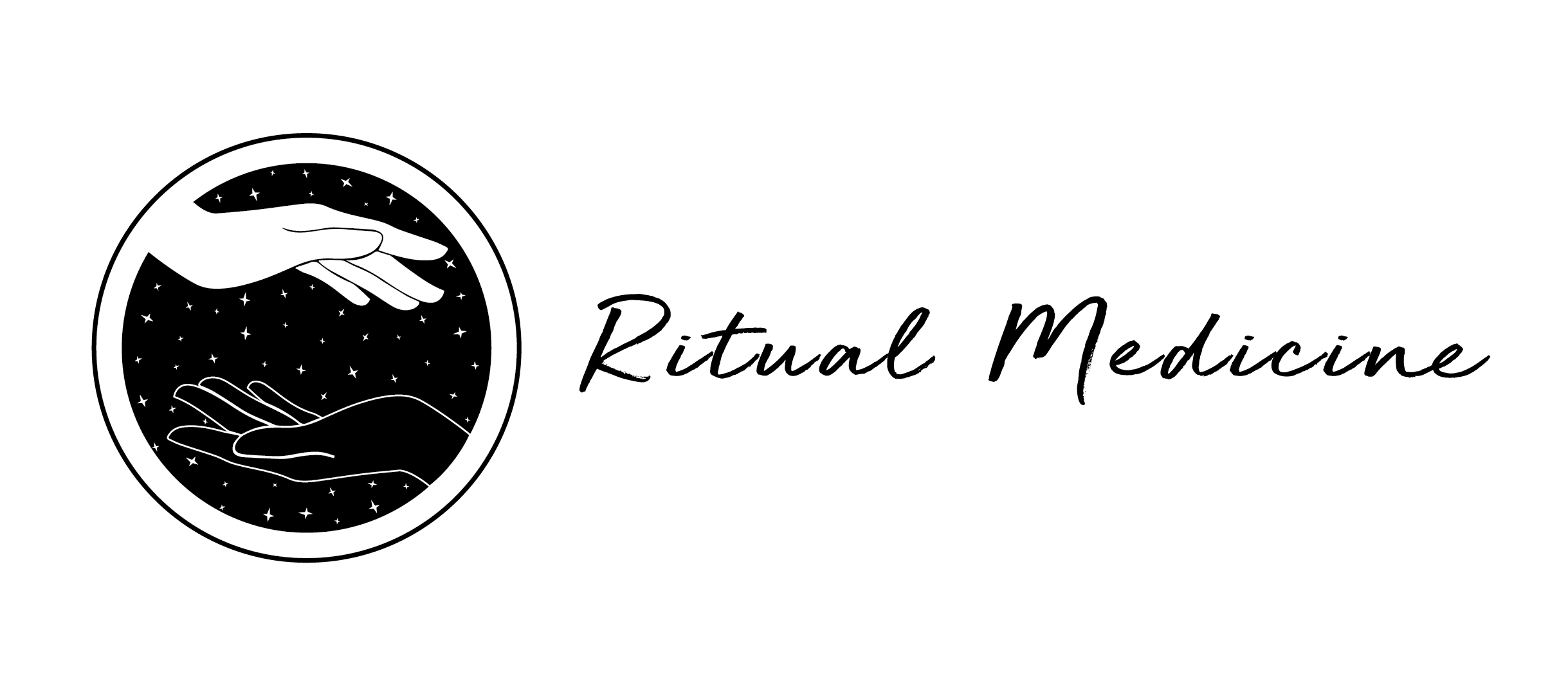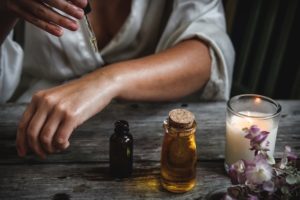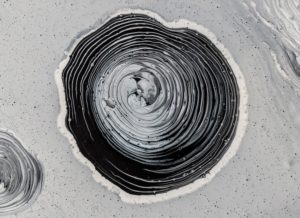The final stretch – the third trimester
It may feel as if there’s no way your belly can get any bigger, but there’s no doubt about it — it will get bigger over the course of the third trimester of pregnancy. A lot bigger. Here’s what to expect from your body and your rapidly-maturing baby in these final few weeks.
Some commonly asked questions about these last few weeks
How long is the third trimester?
Week 29 – Week 40 (birth)
How is my body preparing for delivery?
One of the ways your body prepares is as your due date approaches, your cervix becomes thinner and softer in a process called effacement that helps the cervix open during childbirth. This is a normal, natural process that helps the birth canal (vagina) to open during the birthing process.
Why do I have to pee so much?
As you baby grows, the pressure on your organs will increase, including your bladder.
How is my baby growing?
- Your baby’s bones are soft but fully formed.
- Movements and kicking increase.
- Body fat increases
- The eyes can open and close.
- Organs are almost fully developed
- Lanugo (fine hair) begins to fall off
Symptoms you may experience
- Your belly button may protrude
- Hemorrhoids
- The baby “dropping,” or moving lower in your abdomen
- Heartburn
- Difficulty sleeping
- Anxiety
- Contractions – which may be a sign of real or false labor
- Softening of ligaments and joints in preparation of birth
- Stretch marks
Tips to manage third trimester symptoms
- Keep moving – gentle walks, a prenatal yoga class
- Massage- most mums find massage extremely helpful for general aches and pains during pregnancy
- Acupuncture for labor preparation and cervical ripening
- Plan ahead for postpartum care. I invite all my patients to pre book their post party visit prior to labour. This ensures if there are any post part symptoms to address, they won’t be put on the back burner. Postpartum doulas are extremely helpful, to help with cooking, holding baby while you shower, offering advice about recovery, breastfeeding etc.
Stefanie Miska is a licensed acupuncturist and herbalist with a practice focus on reproductive care. Call 1 778 400 6360 to schedule a consult.






